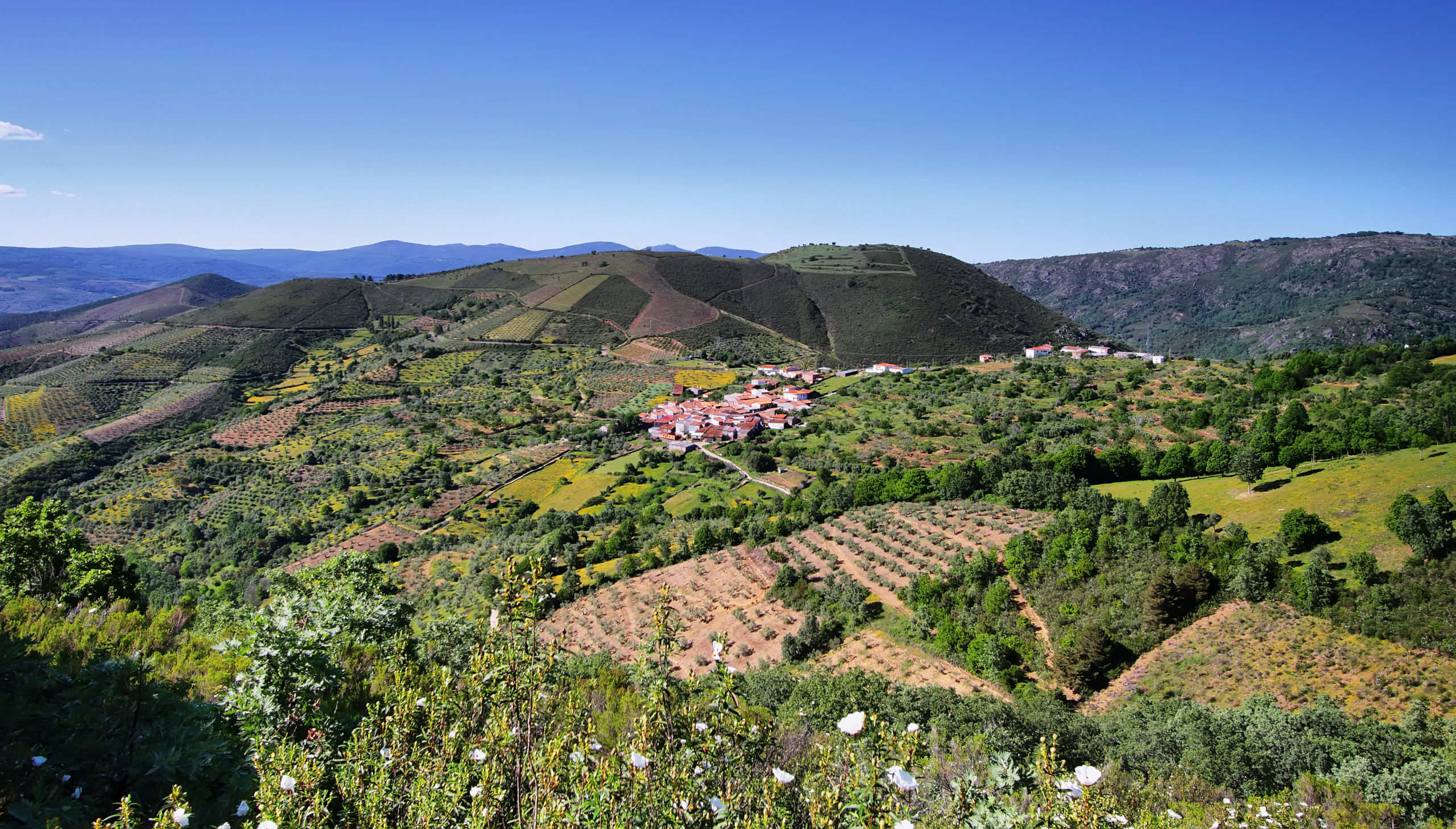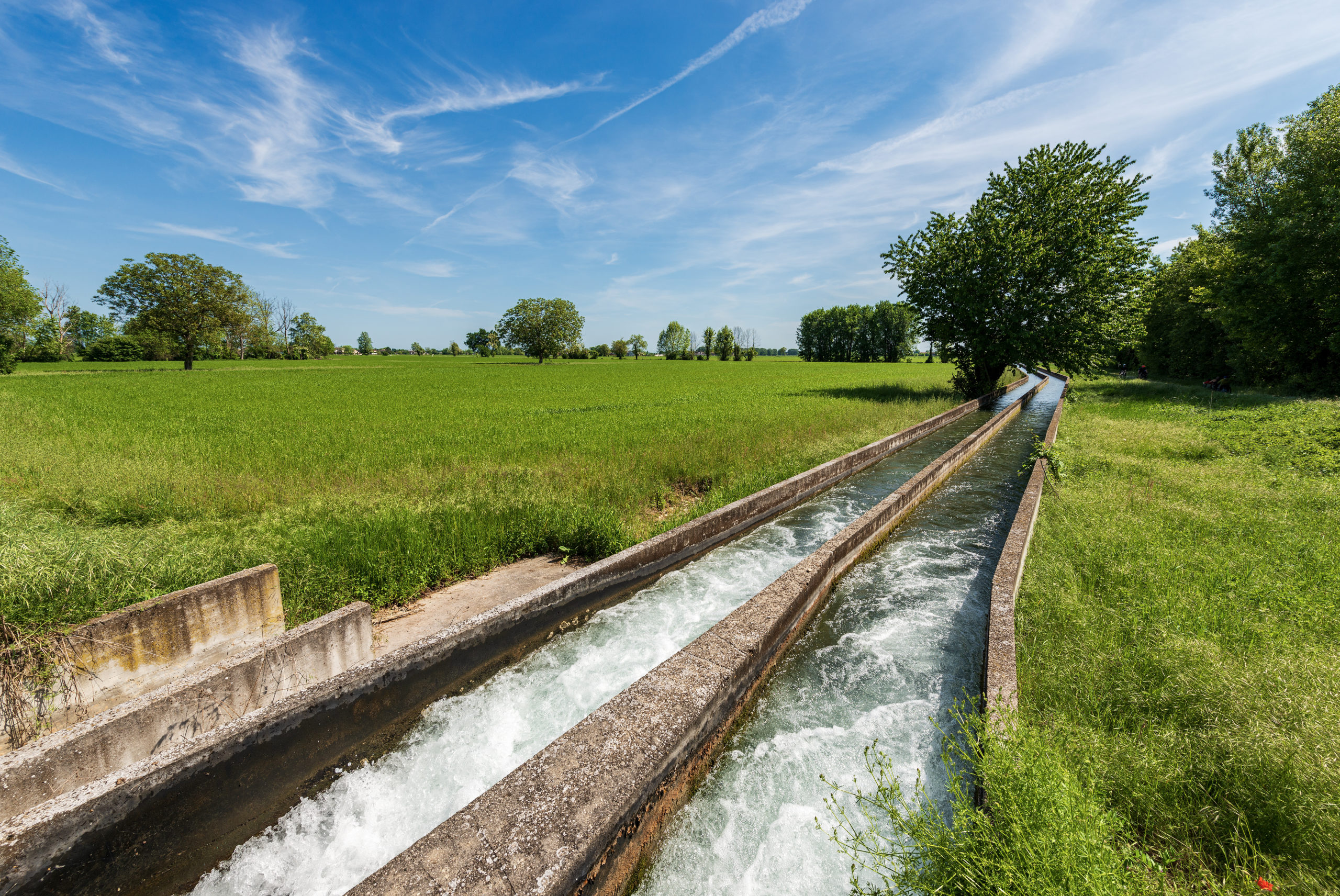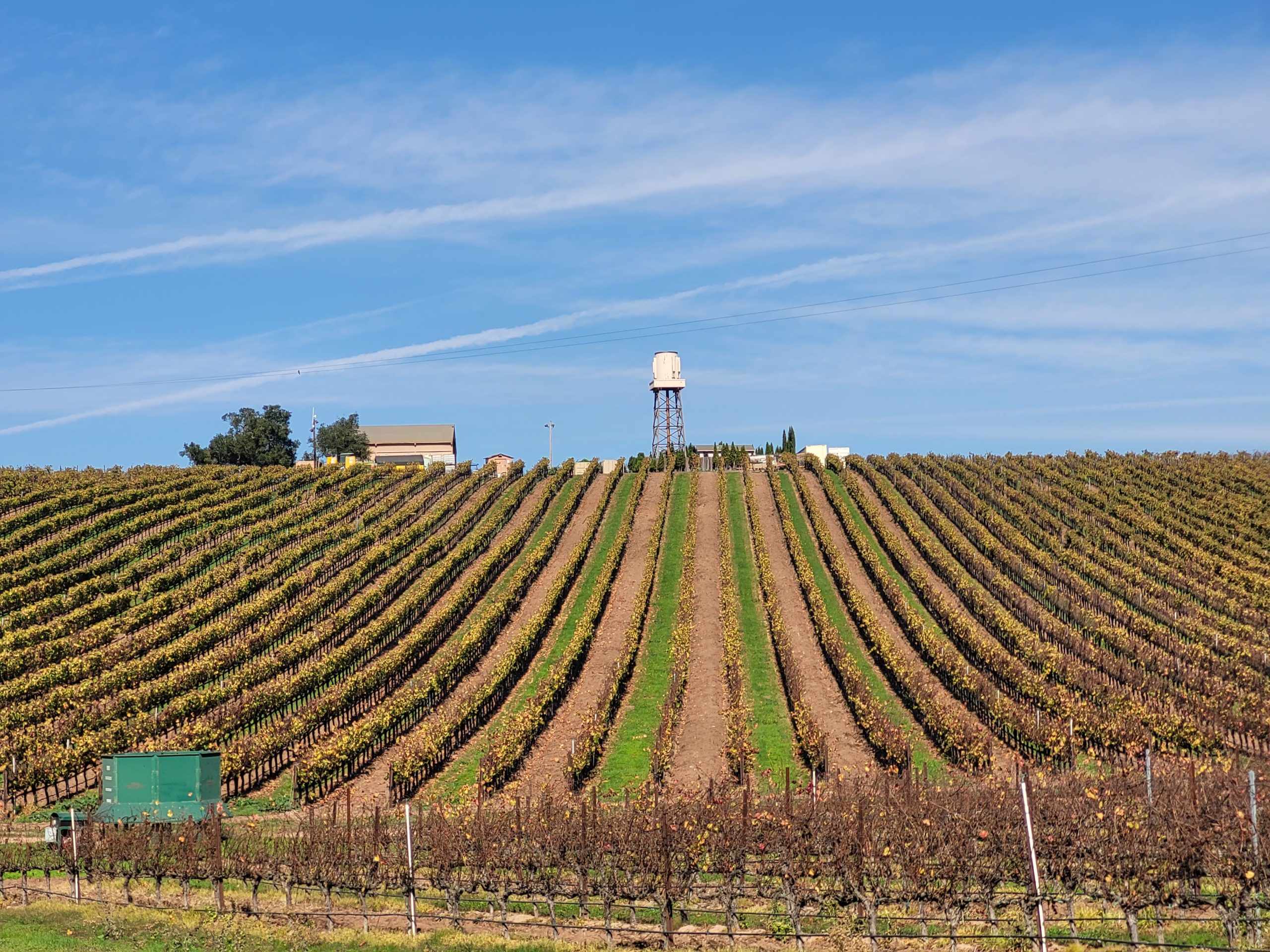Public Deliverables
The main deliverable you find in the sections below
The Living Labs
D1.1 I-CISK Characterization of the Living LabsD1.2 I-CISK Roadmap of collaboration among WP1 (Living Labs) and WP2-WP7
Co-designing user-driven climate services
Milestone MS10 A prototype framework on co-creating end-user centred climate servicesD2.1 I-CISK Information on Climate Services Needs and Gaps
D2.2 Concepts and methods to characterise local and scientific knowledge
D2.3 User centred validation of the integration of climate action information
Integrating local knowledge to transform scientific data into usertailored information
D3.1 Preliminary report on the skill assessment and comparison of state-of-the-art methods for forecasts and projections of extremesAssessment of the human-climate feedbacks at different spatialtemporal scales
D4.1 Preliminary report on causal mechanisms between climate change, climate service information, and socio-economic behaviourD4.2 Conceptual framework for unpacking the causal mechanisms between climate change, climate service information, and socioeconomic behaviour
Dissemination and Communication
D6.2 I-CISK Website and Digital PresenceProject Management
D7.1 I-CISK Gender Action PlanD7.2 I-CISK Data Management Plan
Publications
Research and Innovation from the project has contributed to the following publications by project partnersDasgupta, A., Arnal, L., Emerton, R., Harrigan, S., Matthews, G., Muhammad, A., O'Regan, K., Pérez-Ciria, T., Valdez, E., van Osnabrugge, B., Werner, M., Buontempo, C., Cloke, H., Pappenberger, F., Pechlivanidis, I. G., Prudhomme, C., Ramos, M.-H., & Salamon, P. (2023). Connecting hydrological modelling and forecasting from global to local scales: Perspectives from an international joint virtual workshop. Journal of Flood Risk Management,e12880. https://doi.org/10.1111/jfr3.12880
Musuuza, J. L., Crochemore, L., & Pechlivanidis, I. G. (2023). Evaluation of earth observations and in situ data assimilation for seasonal hydrological forecasting. Water Resources Research, 59, e2022WR033655. https://doi.org/10.1029/2022WR033655
Project Communications
Coming soon
Communications and Newsletters
Our bi-annual newsletter
Factsheets
Project factsheets from all 7 Labs.




